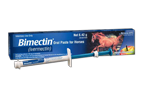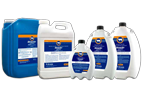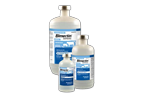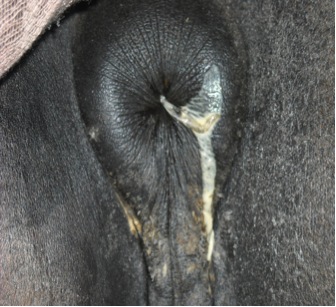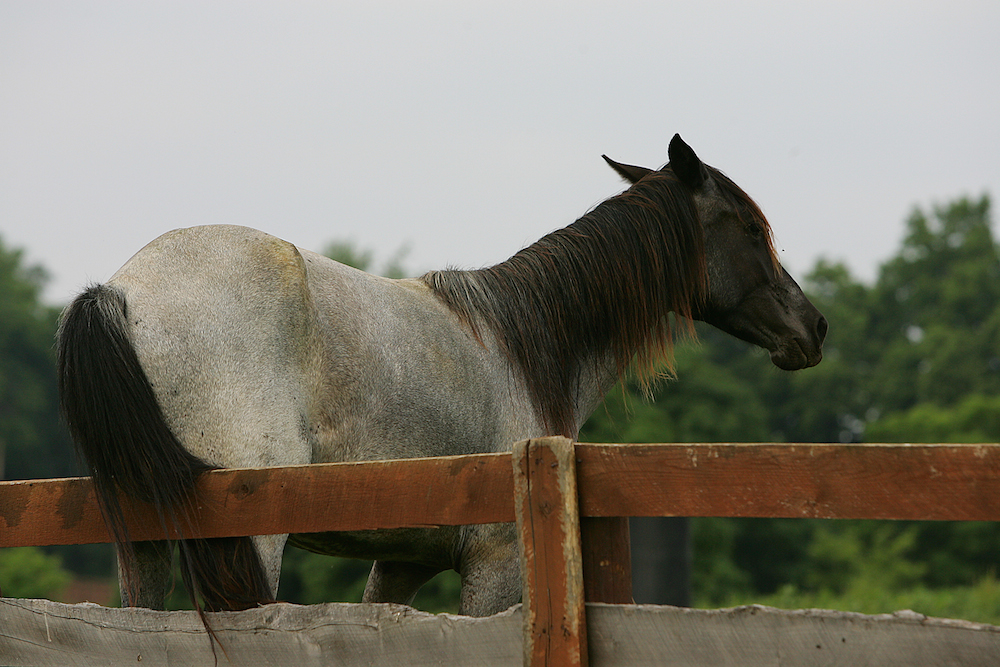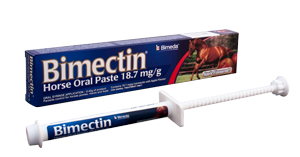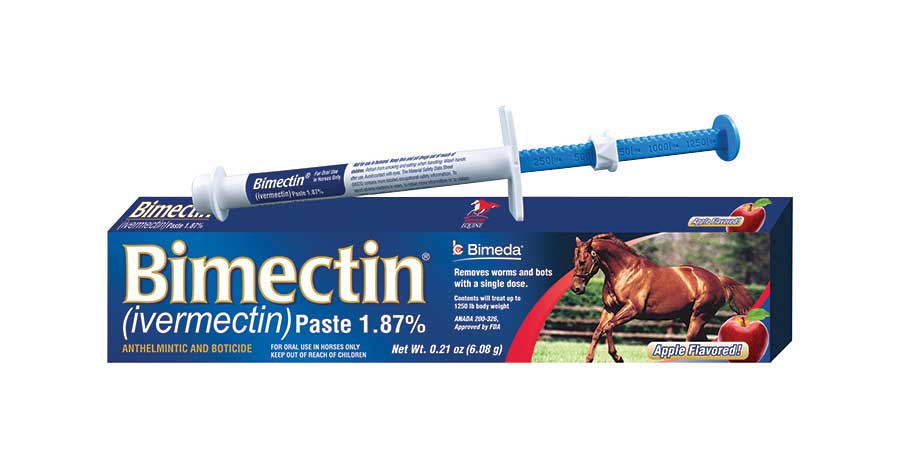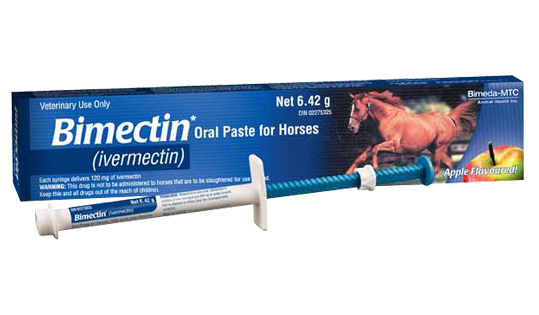Pinworms
(Oxyuris equi)
The pinworm is a grey/white worm with a long tail, which tapers to a point. While the male is significantly smaller, the female pinworm can reach up to 20cm in length.
Infective pinworm eggs are ingested orally and, once in the colon, the larvae develop through various stages before becoming sexually mature in about five months. As horses migrate, they take the eggs and adults with them.
Pinworms have the most efficient life cycle of all the parasites that infect the horse. They don't migrate through any organ tissue, and they have developed a means of reproduction by which the eggs don't leave the herd of horses.
Although pinworms live in the large intestine and colon, the adult worm emerges at night to lay eggs on the skin around the rump. After laying her eggs, the female pinworm will then return inside the rectum. A female pinworm can lay up to 60,000 eggs per day.
Pinworm infestations commonly occur in horses older than 18 months, but rarely cause the animal major problems. Unlike many other worms, the pinworm will not cause damage to the horse’s digestive system, nor will it cause other internal damage. However, they will cause significant irritation.
When the adult worm lays her eggs it can cause intense irritation leading to rubbing and self-harm around the anus. Biting and licking of hindquarters may also be observed. There are no eggs on faecal examination. However, eggs may be seen in a gelatinous mass around the anus.

